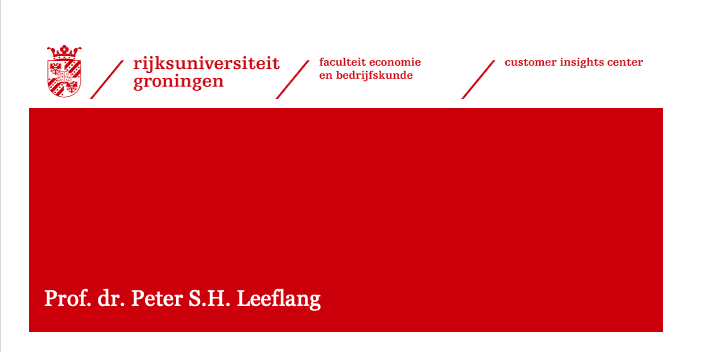Is your organisation's business model ready for the future? What does it actually mean if your business model is ready for the future? Can your business model be ready, is it not a continuous process of optimisation and innovation? What aspects do you need to think about? These are all questions that we ask ourselves every day and that we work on every day to give direction to these questions.
As an organisation, we like to delve into the various aspects that make a business model sustainable, in the sense of future-proof. One of those aspects is inclusiveness. An inclusive business model is a business model that seeks to create value for communities at the Base of the Pyramid (BoP) by sustainably integrating them into the value chain of a company on the demand side as customers and consumers, and/or on the supply side as, for example, producers or employees.
The inclusive efforts of companies do not always turn out to be inclusive. They develop new business models to create opportunities for the social and economic wellbeing of communities at the BoP, while maintaining a profitable character. This requires the involvement of all stakeholders. Yet it often proves challenging to align the conflicting interests of stakeholders and balance their unequal relationships. As a result, the cost of coordination can be so high as to make it economically unviable for a company. Moreover, the conflicts that arise between the various stakeholders may lead to even more inequality instead of promoting integration. Thus, despite their efforts, companies may ultimately fail to provide inclusion opportunities.
In cooperation with the University of Twente, Business University Nyenrode, TNO and BoP Innovation Center, among others, we are investigating the success factors of an inclusive business model and how this organisation can achieve sustainable growth.
If you would like to know more about other aspects of future-proof business models or about how you can incorporate inclusiveness into your organisation, please contact us!




